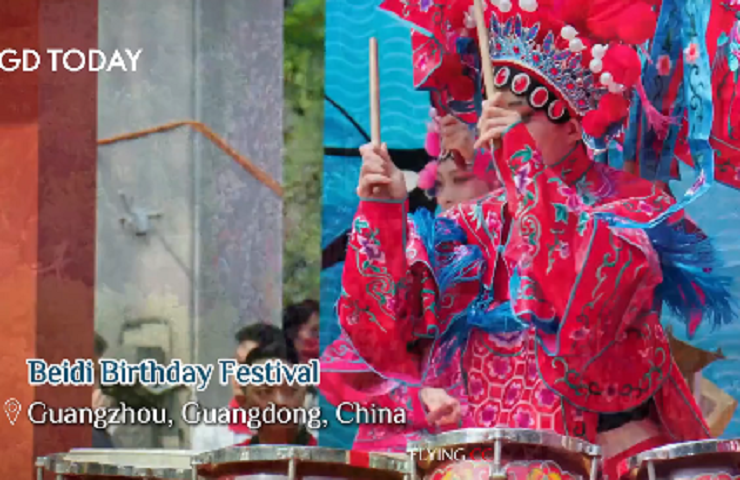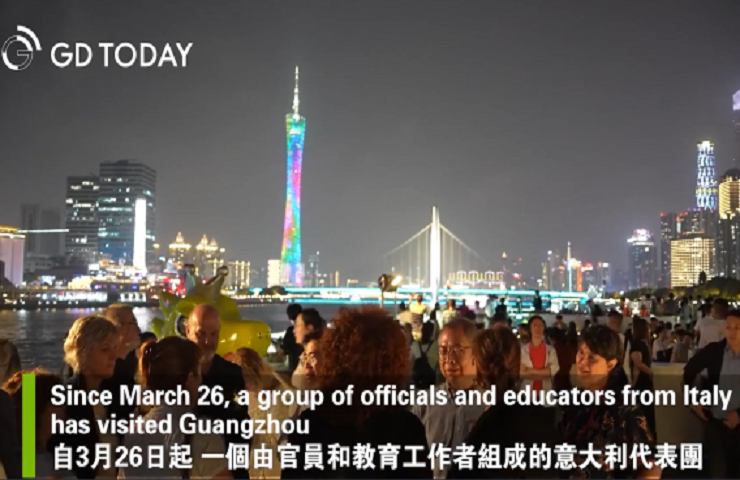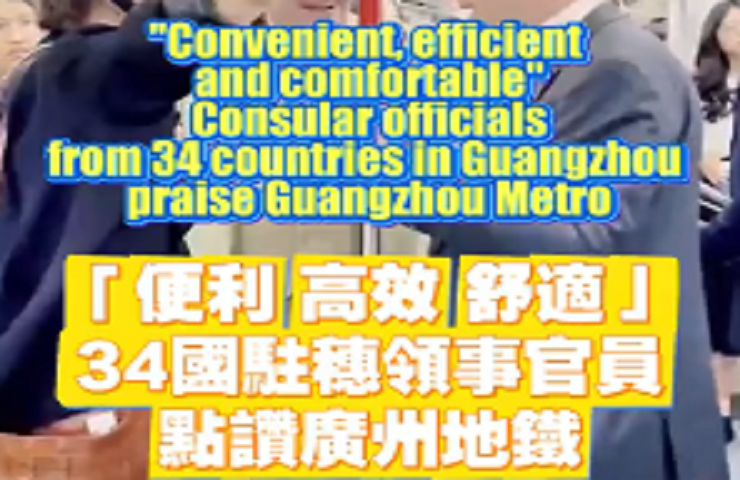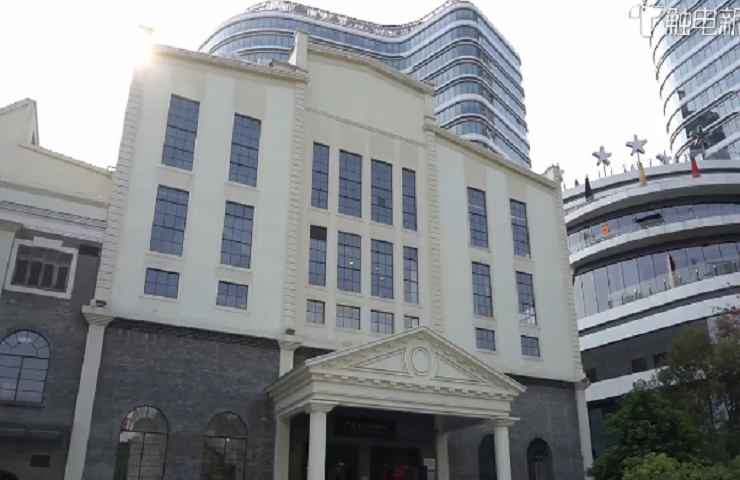Prescribed boundaries ensure joint checkpoint's legitimacy
On Dec 27 the National People's Congress Standing Committee approved the cooperation agreement between Guangdong province and the Hong Kong Special Administrative Region to establish the Mainland Port Area at the West Kowloon Station of the Guangzhou-Shenzhen-Hong Kong Express Rail Link in order to implement the co-location of customs and immigration control facilities. This completed the second step of the three-step process that will establish the arrangement's legality. Now only the last step, local legislation, remains to be done. The opposition camp criticized this arrangement, claiming it will set a dangerous precedent that could infringe upon local jurisdiction.
There is an allegation that the co-location arrangement breaches Article 22(1) of the Basic Law which states that neither personnel nor departments from the Chinese mainland shall interfere in the internal affairs of Hong Kong. However, it should be noted that the co-location arrangement will not give the central government an opportunity to interfere with the internal affairs of the HKSAR; it only involves cooperation between the two jurisdictions on matters relating to immigration, customs and quarantine control. Officers from both the mainland and Hong Kong will only adjudicate their matters within the designated and confined zone. The proposed co-location arrangement is similar to the boundary control model of the Shenzhen Bay Port, where Hong Kong officers can only carry out their duties according to Hong Kong laws within the agreed port area.
As the proposed Mainland Port Area entails exercise of jurisdiction by mainland boundary control officers, some people - including members of the opposition - argue that the co-location arrangement must invoke Article 18(2) of the Basic Law. In other words, the central authorities have to apply the relevant national laws upon Hong Kong through Annex III of the Basic Law to let mainland officers execute their duties in accordance with national laws within the designated port zone. Under Annex III, a number of national laws are to be applied to Hong Kong. National laws not listed in Annex III shall not apply in Hong Kong. In Annex III, there are now 12 pieces of national legislation, including laws related to diplomatic privileges and immunities, nationality, the national flag and emblem, as well as PLA Garrison stationing in Hong Kong. These laws fall under the scope of "foreign affairs and national defense as well as matters outside the scope of autonomy". Annex III lists no national law relating to customs, immigration and quarantine matters. Critics of the co-location arrangement argue that without invoking Annex III to add at least one national law relating to customs, immigration and quarantine control, it is not possible to implement the proposed co-location at the West Kowloon terminus. This argument reflects the differences between civil law and common law when dealing with matters related to relations between central and local governments.
Prominent mainland law professor Chen Duanhong emphasized that immigration matters fall under the scope of sovereignty matters from the views of the central government - who can leave or enter the mainland is a matter that may affect national security and foreign relations. Thus, for the question of whether or not national immigration laws can pass the test to be included in Annex III, the answer must be "yes". However, there may be more than 10 pieces of national laws relating to customs, immigration and quarantine control. Therefore, invoking Annex III is considered not a preferred choice for implementing the co-location arrangement.
In fact, it is also a complicated job for central authorities to examine all the relevant national laws to be applied to the HKSAR for implementation of the proposed co-location arrangement. Nor is this worthwhile, considering the political reaction it might cause in Hong Kong.
After considering the current situation, the NPCSC made an official decision to approve the co-location arrangement agreed upon by the governments of Hong Kong and Guangdong province. The NPCSC decision has provided a strong constitutional and legal basis for the co-location arrangement. Under the nation's constitutional order, the NPCSC's decision and its interpretation have the same legal status which is binding on Hong Kong courts.
It is worthwhile to recollect the Basic Law drafting process. The fact that the Basic Law was passed by the NPC and its final interpretation power is vested in the NPCSC reflects that the HKSAR Basic Law not only carries the nature of common law (Article 8), but also the nature of civil law (Article 158(1)). In the past 20 years, most court cases in Hong Kong are adjudicated in common law tradition; however, when it comes to central-local relationship, it will reflect both the civil law tradition and common law tradition. These are the characteristics of the HKSAR Basic Law under the constitutional framework of "one country, two systems" since the Basic Law was born.
Hong Kong is part of China and the city's Basic Law has to operate under the country's constitutional order while, within limits of its high degree of autonomy, Hong Kong is allowed to maintain common law traditions. The co-location arrangement involves central-local relationship. After the approval of the NPCSC, the arrangement comes to the last stage, namely local legislation in Hong Kong. The NPCSC decision has provided a strong constitutional and legal basis for the co-location arrangement. It is hoped that for the betterment of Hong Kong, the local legislation can be completed as soon as possible to meet the commencement date of the Hong Kong section of the Express Rail Link in September this year.
Copyright © Foreign Affairs Office of Guangzhou Municipal Government,
Hong Kong and Macao Affairs Office of Guangzhou Municipal Government All rights reserved.
Presented by China Daily.
京ICP备13028878号-28















